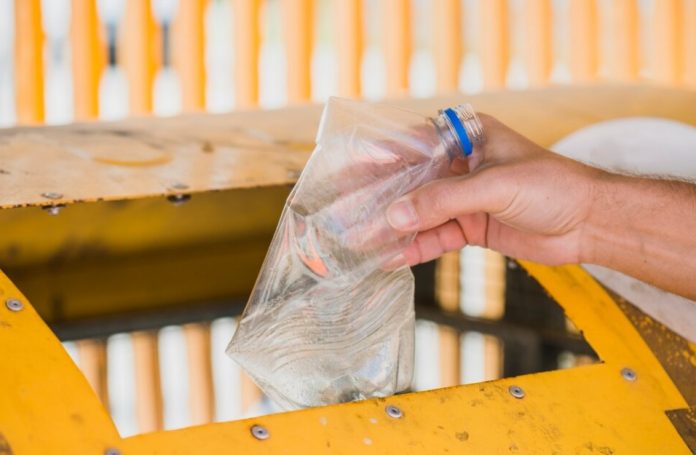An In-Depth Look at the Plastic Packaging Tax
In the continuing global effort to protect our environment and combat climate change, governments worldwide are instituting measures aimed at curbing pollution. In the United Kingdom, one such initiative is the Plastic Packaging Tax. Designed to promote sustainability and reduce waste, this tax specifically targets the manufacture and import of plastic packaging containing less than 30% recycled content. The goal behind this innovative tax is simple: to stimulate an increased demand for recycled plastic and encourage businesses to re-think their packaging strategies.
Comprehending and Ensuring Compliance with the Plastic Packaging Tax
As an enterprise involved in the production or importation of plastic packaging, understanding the intricacies of this new tax law is crucial. To comply with the Plastic Packaging Tax, businesses are required to meet several obligations. These include formal registration with the necessary governmental authorities, diligently keeping and maintaining accurate records, filing tax returns within the stipulated timeframes, and ensuring the prompt payment of any tax due.
The process might seem daunting initially. However, businesses must remember that the government offers ample guidance and resources to facilitate understanding and aid compliance. By properly understanding the tax’s specifics, including what packaging is liable for the tax and what exemptions apply, businesses can confidently navigate the new legislation.
Strategising for Implementation
Adapting to the Plastic Packaging Tax does not merely involve reacting to the new law but necessitates a broader re-evaluation of business operations and packaging practices. To this end, implementation strategies will need to be dynamic and multi-faceted.
Adopting the principles of “reduce, reuse, and recycle” is an excellent starting point. Businesses can look at ways to cut down overall plastic usage, explore opportunities to switch to reusable packaging alternatives, or transition to packaging materials with a significantly higher recycled content.
In our digital age, technology can also be a game-changer, offering various solutions to assist in compliance. Software tools exist that can help businesses monitor and track their plastic usage, calculate tax liabilities, prepare and file tax returns, and document all actions for record-keeping purposes.
Facing Compliance Challenges and Creating Solutions
Despite the noble environmental intentions behind the Plastic Packaging Tax, it is unavoidable that the implementation will present challenges to businesses. The most immediate hurdle is the practical difficulty of transitioning to more sustainable packaging options. Businesses may encounter supply chain constraints, need to contend with the cost implications of overhauling packaging strategies, and wrestle with convincing customers to embrace new packaging designs.
Yet, while these obstacles are significant, they are not insurmountable. Taking a thoughtful and phased approach can help to alleviate many of these issues. A good first step for businesses is to identify the ‘low-hanging fruits’ – these are changes that are relatively easier to implement. With these initial changes underway, businesses can then gradually progress towards more substantial and transformational shifts.
Recognising the Benefits of Compliance
Compliance with the Plastic Packaging Tax is not merely about meeting a legal obligation. It brings with it a multitude of benefits. When businesses prioritise eco-friendly practices, they position themselves as environmentally responsible entities, a trait increasingly important to modern consumers. Being seen as a ‘green’ company can significantly enhance a brand’s reputation and credibility, positively impacting customer loyalty and potentially driving increased sales.
Moreover, adopting sustainable practices often leads to long-term operational efficiencies and cost savings. While the initial investment may be higher, the reduced costs associated with waste management and potential savings from more efficient processes will likely offset these expenses over time.
Is The Plastic Packaging Tax a necessary Evil?
The introduction of the Plastic Packaging Tax underscores the increasing importance that governments worldwide are placing on environmental sustainability in business operations. While the road to compliance might be peppered with challenges, it is essential to view these obstacles as opportunities for growth and transformation.
Compliance with this new tax law is more than a legal requirement; it is an opportunity for businesses to contribute towards a larger societal good, improve their operational efficiency, enhance their brand image, and realise potential cost savings. With the right strategies in place, businesses can not only navigate the new tax but also leverage it to drive forward on their journey towards sustainability.


































